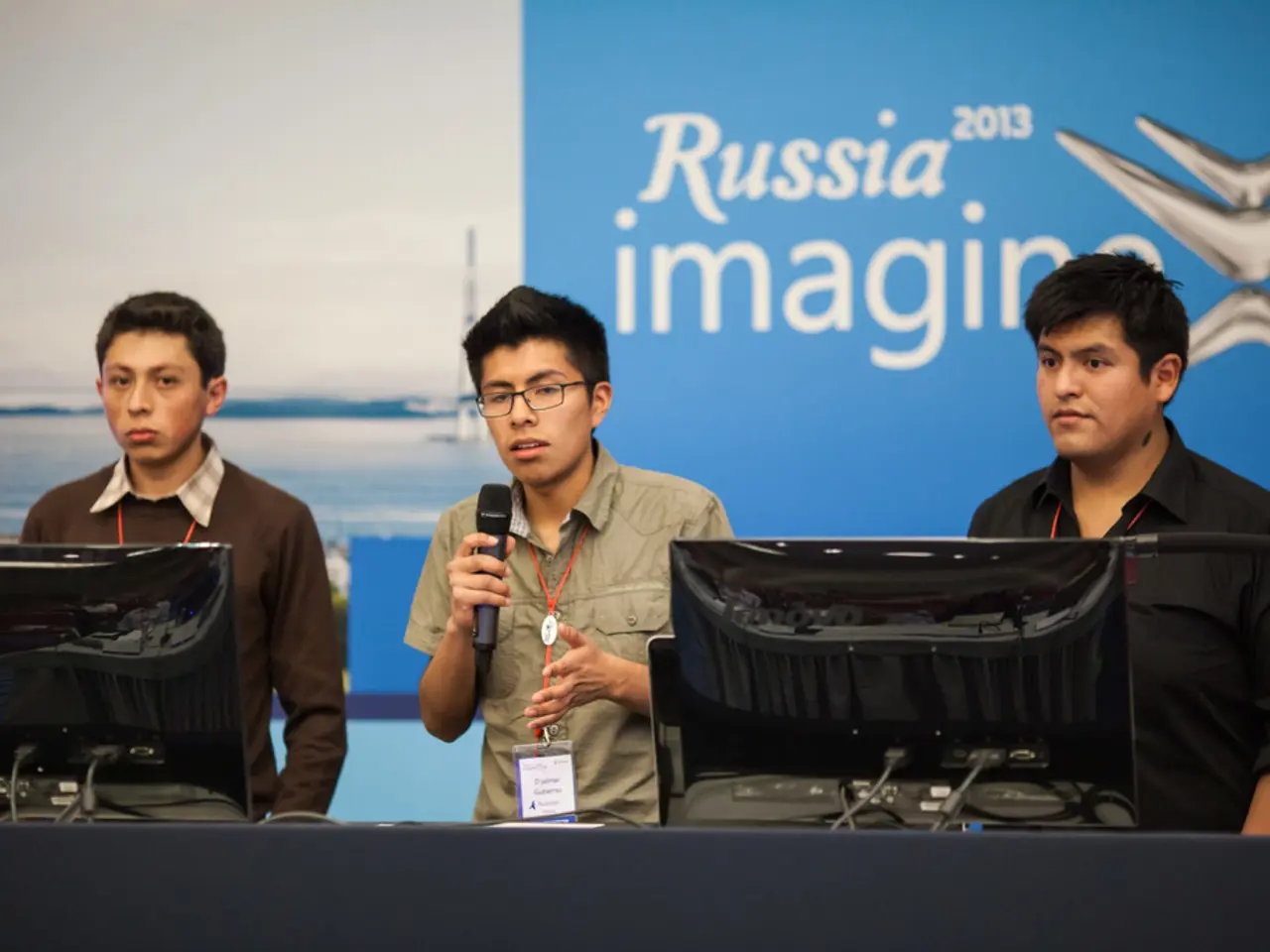Government leader greets Children's Rights Advocate Dinara Zakieva
Under the leadership of President Kassym-Jomart Tokayev, Kazakhstan is making significant strides in strengthening its child protection system. The government's initiatives focus on enhancing safety in educational institutions, improving health and nutrition standards for children, and promoting inclusive education reforms.
Key initiatives include the assignment of district inspectors and criminal investigators to every school and college to ensure children's safety during the new school year preparations. An updated nutrition standard has also been implemented in schools, increasing the amounts of vegetables, fruits, and dairy to improve children's health and wellbeing. Medical units have been deployed in schools to support health protection for students, and efforts are underway to promote quality and accessible education, with over 93,000 students receiving grants and national testing being administered to expand educational access.
International cooperation, particularly with UNICEF, supports these government efforts. UNICEF Kazakhstan provides specialist consultations on integrating climate change adaptation and environmental topics into education while ensuring ethical safeguards that uphold children's rights and privacy in research and program delivery.
Over the past two years, measures, programs, and laws have been implemented to ensure children's safety, protect their rights, and prevent violence, suicides, and juvenile crime. President Tokayev has been briefed on these efforts and has emphasized the importance of consolidating the efforts of local executive bodies and regional commissioners to strengthen the system of guarantees for protecting children's rights.
To further strengthen the child protection system, a draft law is being developed to define the functions and status of regional bodies responsible for child protection. The "Qazaqstan Halyqa" Fund, together with its partners, has opened 49 rehabilitation centers providing services to children with special needs.
In 2021, a situation assessment was conducted in 13 regions and 73 settlements, including anonymous surveys of children in 272 institutions and visits to 173 families. This assessment revealed 171 violations in the implementation of norms in the laws and the functioning of the children's rights protection system.
President Tokayev has also instructed additional measures to be worked out to develop inclusive education in schools. Efforts to establish rehabilitation and development centers for children with special needs are also being activated.
Civil society and international partners have called upon Kazakhstan to advance legislative reforms to tackle child and forced marriage, sexual violence, and justice access barriers affecting children and women. This indicates ongoing challenges in legal and institutional frameworks that also relate to child protection under President Tokayev’s administration.
In summary, under President Kassym-Jomart Tokayev’s leadership, Kazakhstan is advancing a multi-sectoral approach to child protection and rights through safety measures in schools, health and nutrition improvements, educational access expansion, and collaboration with international bodies like UNICEF to ensure ethical, inclusive protection systems while acknowledging the need for further legal reforms to eliminate discrimination and violence against children.
- In addition to the safety measures in schools, Kazakhstan, under President Kassym-Jomart Tokayev, is focusing on health and nutrition improvements as part of its child protection system.
- The government's initiatives also extend to education and self-development, with efforts underway to promote quality and accessible education, including the implementation of over 93,000 student grants and national testing to expand educational access.
- There is a growing emphasis on politics and policy reform, as civil society and international partners urge Kazakhstan, under President Tokayev’s administration, to advance legislative reforms to tackle child and forced marriage, sexual violence, and justice access barriers affecting children and women.




